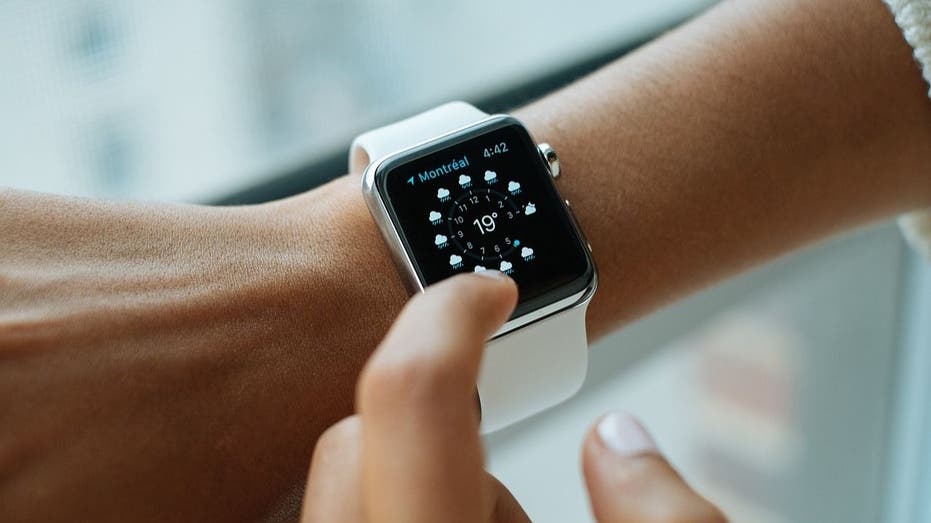Why Todd Boehly has more to lose than Clearlake Capital from a Chelsea sale
Chelsea shareholder Todd Boehly and his business partners, Mark Walter and Hansjorg Wyss, have more to lose than their fellow owners-turned-rivals Clearlake Capital from the mooted sale of the club. As minority shareholders with Class B shares, the Boehly group would lose a greater percentage of their investment than Clearlake if Chelsea were to be [...]


Chelsea shareholder Todd Boehly and his business partners, Mark Walter and Hansjorg Wyss, have more to lose than their fellow owners-turned-rivals Clearlake Capital from the mooted sale of the club.
As minority shareholders with Class B shares, the Boehly group would lose a greater percentage of their investment than Clearlake if Chelsea were to be sold for less than the combined £2.5bn purchase price which the consortium paid Roman Abramovich two years ago.
Boehly and his allies put in around £1bn of their own money for a combined stake of 38.5 per cent, whereas Clearlake’s institutional investors paid £1.5bn for 61.5 per cent, with Behdad Eghbali and Jose Feliciano managing their investment.
If Chelsea increase in value then both groups would receive the same upside, although this outcome is open to question given the club’s indifferent performance on and off the pitch during the last two years.
Chelsea are £700m down on player trading having spent more than £1.2bn on new signings under the new ownership, are currently without a shirt sponsor and have yet to produce a plan to redevelop or leave Stamford Bridge.
The club have posted combined losses of £210m over the last two years, and without selling two hotels and their women’s team to their own holding company would have been charged by the Premier League for breaching profitability and sustainability regulations.
Clearlake and Boehly are both adamant they do not want to sell, a resolution which is set to be tested over the coming months, as both sides acknowledge that the current situation is untenable.
Whereas Clearlake appears to be in control as it owns 61.5 per cent of the club, in reality it is subject to the demands of its investors.



